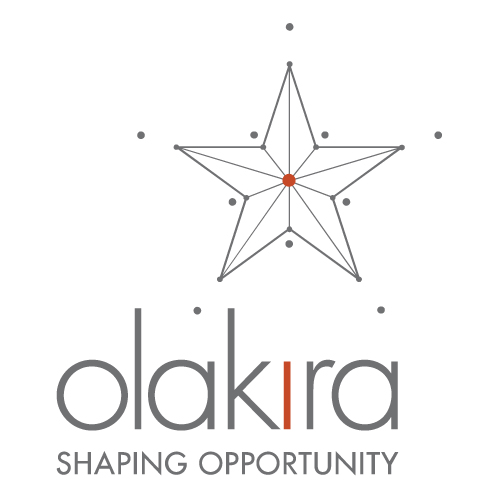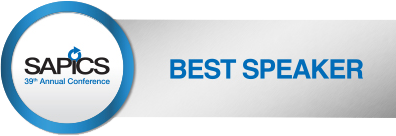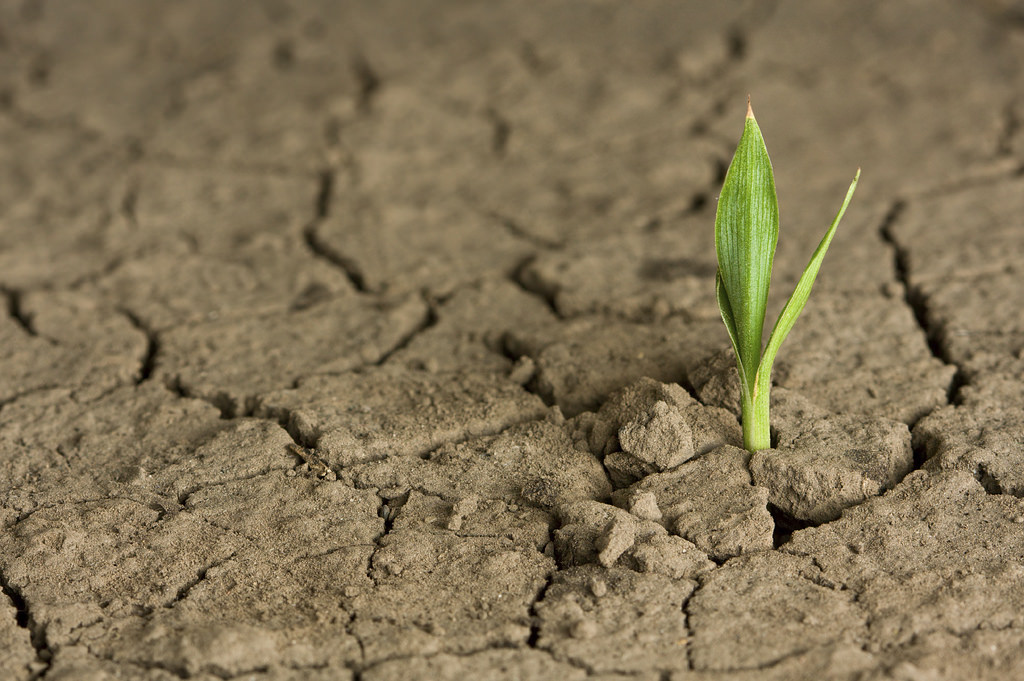
Over a couple of glasses of wine this last weekend a good friend of mine said: “2018 must just be over already!” (it’s possible she may have used slightly stronger language….). It’s a sentiment I’ve heard a lot of late. 2018 has been (another) difficult year. And it doesn’t look like 2019 is shaping up to be any less challenging.
It’s quite easy to feel a bit despondent as fatigue sets in as the year draws to a close. As the season brings its usual period of retrospection, the question I think we need to be pondering – as individuals and as leaders – is how can I make this year the best year ever….despite the challenges?
Truly inspirational leaders — those gurus we follow avidly on social media and whose biographies we rush out to buy — are those whom have a habit of consistently succeeding, not just surviving, in an unpredictable and fast changing world. To coin that overused word – those who’ve mastered the art of resilience.
I’ve done a lot of reading on the subject as I try to help leaders (and myself) grapple with this complex subject. The best source of insight and advice I’ve read recently is from Diane Coutu in her book “How Resilience Works”, where she proposes 3 characteristics which set resilient people apart. I hope she’ll forgive my adapted and applied views on these characteristics.
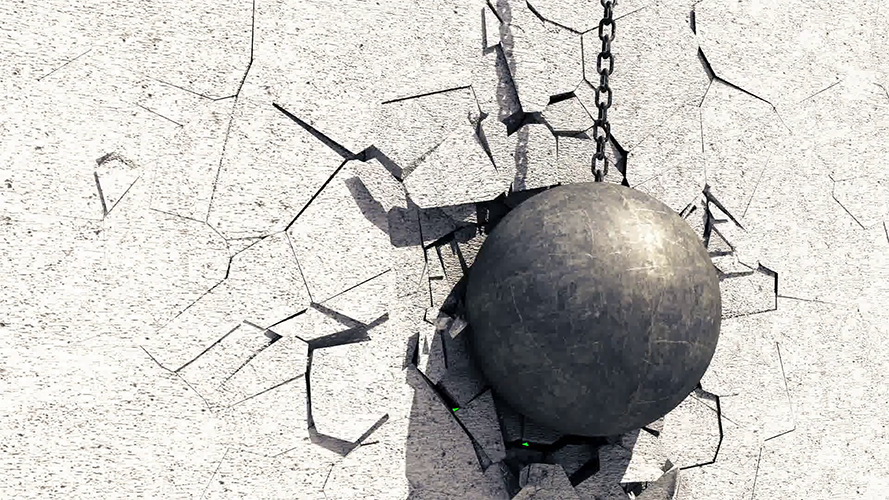
1. Accept the Hard Facts
Actively seeking out and understanding the hard facts that we must accept and adapt to, is the first characteristic of resilience. Great leaders are always on the hunt for these hard truths – both positive and negative. The trick here is to make sense of what we find, so they don’t overwhelm and engulf us, draining our energy and distracting our focus.
Whether it is a major retrenchment process threatening our own job, or an economic dip affecting our organisation – we must come to understand that many of these are largely outside of our control or direct influence, and we are unlikely to be able to change or remove them. Once we accept this, we can establish them as ‘givens’ and start to find pathways through them, rather than spiral into ‘woe is me’ victim thinking, depression and inertia.
“The oak fought the wind and was broken, the willow bent when it must and survived.” Robert Jordan (1948 – 2007), Author, Wheel of Time series.

2. Have clear Meaning / Purpose
This is going to be uniquely different for every person, and for every organisation. Absolute clarity of purpose provides the light at the end of the tunnel which keeps us centered and committed no matter how dire the current situation we’re in. There are some wonderful stories told about how this characteristic was the driving force for concentration camp survivors. Accepting their situation (#1) and having a clear purpose to “survive at all costs”(#2), empowered them to survive their unmentionable hardships.
As individuals, and leaders, we must develop this same singularity of purpose for ourselves and our organisations. Creating clarity (not certainty!) is a key discipline of great leadership.
“Strong people alone know how to organize their suffering so as to bear only the most necessary pain.” Emil Dorian (1893 – 1956), Romainian Jewish Poet and Physician.
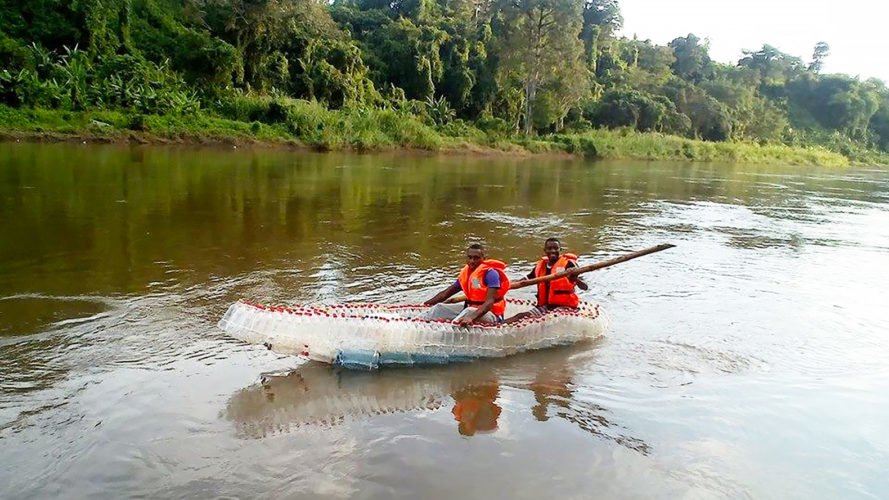
3. Ability to Improvise
This characteristic really strikes a cord for me, and I think it is the main differentiator between those that just survive vs those that thrive in difficult times. The combination of accepting the hard facts and having a clear purpose, unleashes amazing problem-solving creativity and adaptability in individuals and organisations. Can you imagine what it would be like to work or live in an environment where this is the norm? More than this, it is also a significantly untapped source of competitive advantage!
“Chess masters don’t evaluate all the possible moves. They know how to discard 98 percent of the ones they could make and then focus on the best choice of the remaining lot.” John Dickerson (b1968), American Journalist.
This resilience alchemy only occurs when these 3 characteristics are in abundance and in balance.
Interestingly, in research conducted in the UK, it was found that the greatest eroder of resilience in the workplace is “when I am managing difficult relationships / politics”. This highlights for me the role leadership plays in creating an environment where people can thrive – by removing the poisons of politics, silos and confusion through creating clarity, building cohesion, instilling purpose and boosting morale. Sometimes the ‘soft’ stuff, is actually the ‘hard’ stuff!

So, as we move swiftly into 2019, what will you be doing – as a leader and personally – to build the kind of resilience that will make 2019 your and your organisation’s best year ever?
